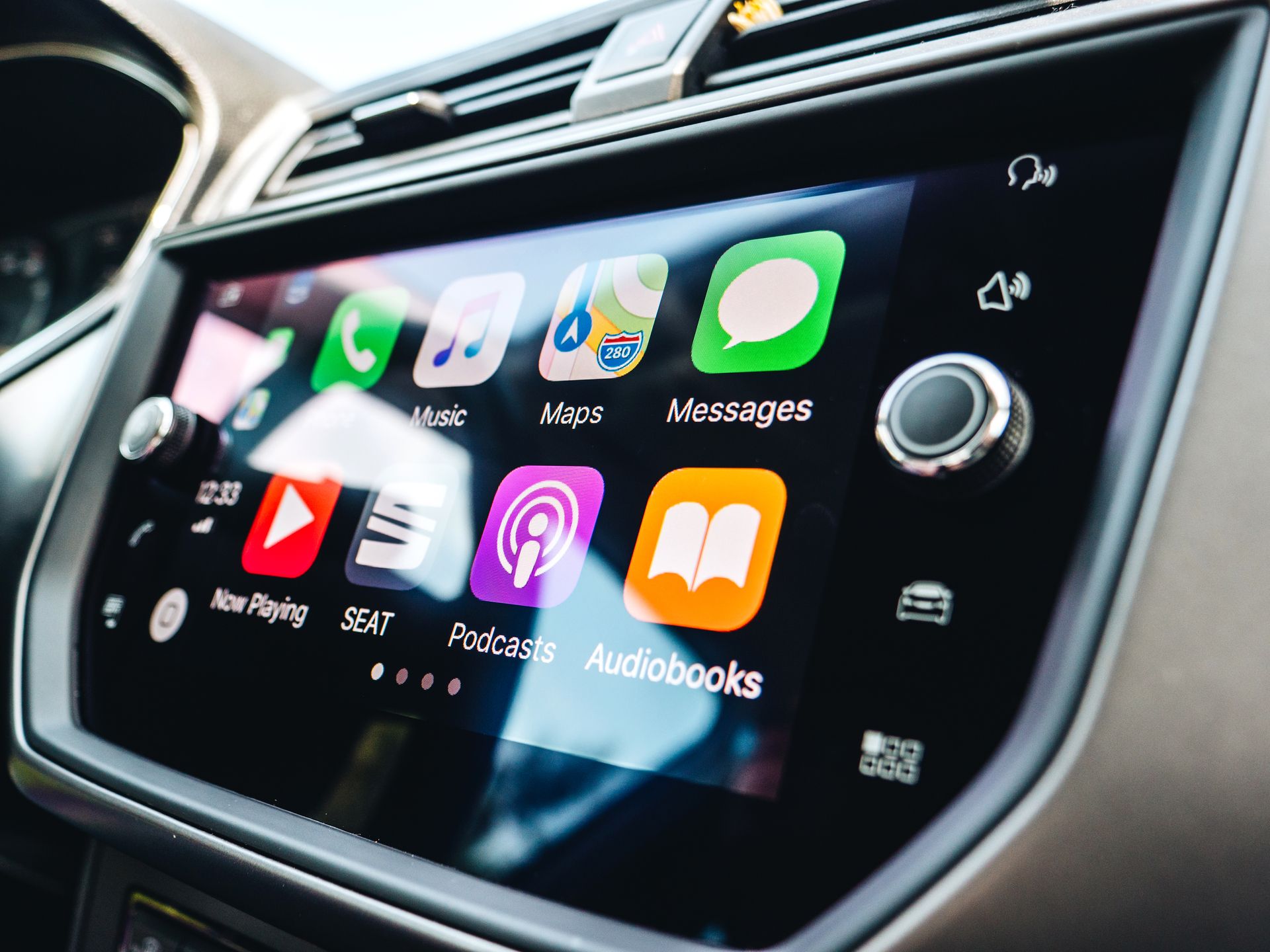The Kirchner Report is 100% independent automotive journalism. If you want to support our coverage, subscribe for free, become a paid member, or leave a tip.
Last week on the Decoder podcast, GM CEO Mary Barra stated that Apple CarPlay and Android Auto would eventually be removed from the company’s internal combustion engine vehicles, along with its EVs.
There was some backlash online. (Editor’s note: Wait, backlash on the internet?!?!)
Today, the company clarified its timeline to The Verge.
We are not making any changes to existing vehicles. If your car supports Apple CarPlay or Android Auto, that will continue. Both will remain available in all GM gas-powered vehicles for the foreseeable future. As we advance toward our centralized computing platform, we’ll gradually move to a better, more deeply integrated experience — a direction the broader industry is taking as vehicles become more software-defined. This will happen over time, not overnight. We value our collaboration with Apple and Google and remain focused on delivering experiences customers love.
If you’ve been following along as GM slowly removes support for CarPlay and Android Auto in its EVs, it should come as no surprise that the company isn’t going to just rip the band-aid off. There’s a reason why the Lyriq still has support, at least in the non-NACS cars, even though other new GM EVs don’t. But as each vehicle gets a significant update, the support will go away.
The implication from GM here is that the big rollout — well, unrollout — of the support will happen when the company’s new vehicle infrastructure is implemented. Journalists saw some of the hardware last week (see my write-up at Ars Technica), but unfortunately, there wasn’t a software demo available yet to try.
If you read my post about it last week here, you would have seen that I expect the change to happen with the new software-defined vehicle hardware, and I understood that to be what GM was saying when Barra talked about it.
💡Do you have information about GM? I would love to hear from you. Using a non-work device, you can message me on Signal at chadkirchner.1701, or with another secure communication method.
When these new vehicles come out, they’re going to be assembled on an entirely new architecture, and those changes will streamline and change how the car’s infotainment works. GM will, at that time, apparently, then remove CarPlay and Android Auto from future vehicles.
It doesn’t make sense to support cars with support and cars without support. The opportunity for bugs to arise is greater when the company needs to support multiple software configurations.
That being said, the backlash has been pretty strong. I’m on team choice, as I believe that leaving the decision of what to use up to the customer is the more consumer-friendly approach, but GM is making some compelling arguments for why it thinks it can do it better.
When talking to some analysts for my Kirchner Report last week, they all mentioned that they haven’t had a problem-free Apple CarPlay or Android Auto experience. I’ve personally had issues with several brands, and find that plug-in support is more reliable than wireless.
But, especially with Apple, you need to have a cable of reasonable quality for it to work well. I’ve found non-Apple cables that work well, but cable quality can and does affect how well CarPlay works.
Of course, the Blazer EV I drove on the launch had more than a few software issues, and the car underwent a stop sale to figure out the bugs, so we still have a way to go yet for reliable software-defined vehicles.
I will say that the past few GM EVs I’ve ridden in have all had beautiful infotainment displays, well integrated into the vehicle. This is especially true of the Cadillac models. I’ll have to try to get one in for a review and spend some time with the latest to see how the company’s progress is going.
I do look forward to trying a demo of the new Gemini-supported setup, especially on the new architecture. Hearing smart people talk about what they are working on is always fun, but it’s more fun getting to actually play around with it yourself. Maybe it’ll win me and the public over?
Lest you think everyone is anti-removing CarPlay, a colleague of mine posted on my LinkedIn, “It will be my happiest day to see Apple CarPlay disappear forever. God, I hate it.”

